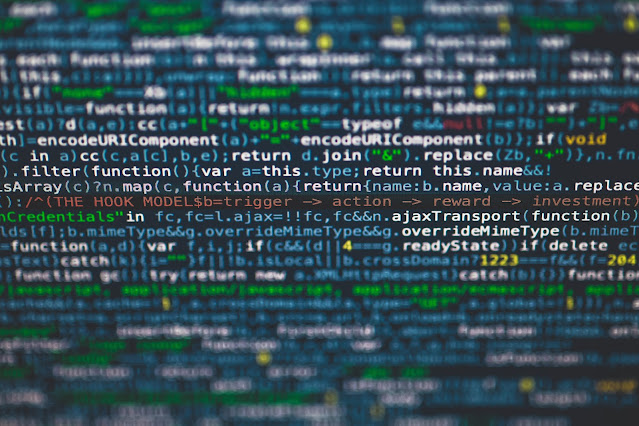Neuralink: Forging the Future of Enhanced Intelligence
The Enigmatic Intersection of Neuroscience and Technology
In the realm where the human mind intersects with technological innovation, the pioneering efforts of Neuralink Corporation stand as a testament to humanity's insatiable curiosity and ambition. Neuralink, founded by entrepreneur Elon Musk, aims to bridge the gap between our biological brains and the digital world through brain-computer interface (BCI) technology. By developing a means to seamlessly integrate the human brain with computers, Neuralink is not only pushing the boundaries of science but also offering a tantalizing glimpse into a future where enhanced cognition, medical breakthroughs, and a deeper understanding of consciousness become a reality.
Unlocking the Potential of BCIs
At the heart of Neuralink's vision lies the transformative potential of brain-computer interfaces. These interfaces aim to establish a direct communication link between the human brain and external devices, enabling bidirectional exchange of information. This opens doors to a myriad of possibilities, from restoring lost sensory and motor functions to facilitating the exploration of the digital world with unprecedented efficiency.
The technology's implications for medical applications are profound. Individuals with paralysis or neurological disorders could potentially regain mobility and independence. The integration of BCIs with artificial intelligence holds promise in deciphering the mysteries of neurological conditions, offering insights into conditions such as epilepsy, depression, and Alzheimer's disease. As the realms of neuroscience and technology converge, the symbiotic relationship between the two fields becomes a catalyst for healing and progress.
Ethical Quandaries and Technological Frontiers
As the pursuit of enhanced intelligence and symbiotic connection advances, ethical considerations arise in tandem. The notion of "brain hacking" raises questions about individual agency, privacy, and the potential for misuse. Striking a balance between the empowerment of the individual and the safeguarding of collective well-being is paramount. Ensuring that the benefits of enhanced cognition are accessible to all, rather than exacerbating societal divides, is a challenge that requires thoughtful deliberation and regulatory foresight.
Furthermore, the nascent exploration of BCIs beckons us to confront profound philosophical inquiries about consciousness, identity, and the nature of human experience. As technology delves into the recesses of the mind, we are prompted to ponder the essence of subjective reality and the potential for our sense of self to be fundamentally altered. The collision of technology and consciousness invites a reevaluation of our understanding of personhood, autonomy, and the boundaries of human potential.
The Evolution of Human Intelligence
Neuralink's audacious endeavor to build better brains epitomizes humanity's relentless quest for progress. The fusion of biological and technological intelligence portends an era where our cognitive capacities are augmented, leading to a new era of creativity, problem-solving, and exploration. With enhanced memory and computational abilities, we may stand at the cusp of unlocking solutions to complex challenges that have eluded us for centuries.
Yet, as we venture further into this uncharted territory, we must do so with a profound sense of responsibility and foresight. The path to building better brains demands not only technological prowess but also an unwavering commitment to ethical reflection. As we transcend the limitations of our biological substrates, we must remain attuned to the enduring values that define our shared humanity, ensuring that our journey toward enhanced intelligence aligns with our collective aspirations for a more enlightened and equitable world.
In Conclusion: The Cognitive Horizon Beckons
Neuralink's pursuit of enhancing human intelligence epitomizes the spirit of innovation and exploration that has driven humanity's progress through the ages. The convergence of neuroscience and technology ushers in an era where the boundaries of cognition are pushed beyond our imagination. As brain-computer interfaces redefine the landscape of medical science, deepen our understanding of consciousness, and raise profound ethical dilemmas, the path ahead is one of both promise and uncertainty.
As we peer into the horizon of enhanced intelligence, we must approach this uncharted frontier with reverence, humility, and discernment. The evolution of our minds is intertwined with the evolution of our values, and the responsible stewardship of this transformative technology is integral to shaping a future that aligns with our highest aspirations. In the journey toward building better brains, we stand at the crossroads of human ingenuity and existential contemplation, poised to unlock the next chapter of our collective narrative—one where the boundaries of human potential expand in harmony with the boundless curiosity of the human spirit.






Comments
Post a Comment